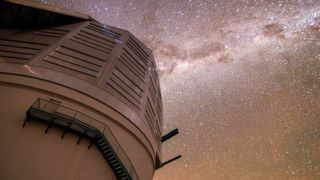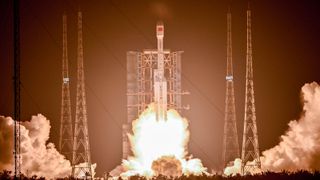Computing news, features and articles
Latest about Computing
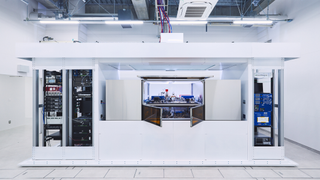
Scientists achieve 'magic state' quantum computing breakthrough 20 years in the making
By Keumars Afifi-Sabet published
Scientists demonstrate a process called "magic state distillation" in logical qubits for the first time, meaning we can now build quantum computers that are both error-free and more powerful than supercomputers.
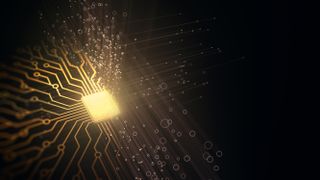
Small, room-temperature quantum computers that use light on the horizon after breakthrough, scientists say
By Owen Hughes published
Scientists say they’ve cracked a key challenge in scalable quantum hardware after generating an error-correcting, light-based qubit on a chip for the first time.
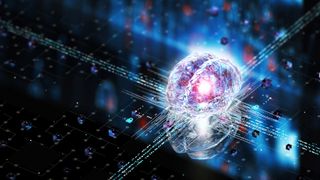
'Quantum AI' algorithms already outpace the fastest supercomputers, study says
By Tristan Greene published
Researchers have successfully demonstrated quantum speedup in kernel-based machine learning.
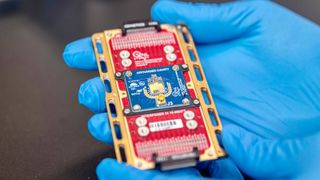
Millions of qubits on a single quantum processor now possible after cryogenic breakthrough
By Owen Hughes published
Scientists in Australia have developed a quantum control chip that removes a key obstacle to getting qubits into practical, real-world computing systems.

Breakthrough quantum computer could solve problems 200 times faster than a supercomputer
By Owen Hughes published
Scientists have built a compact physical qubit with built-in error correction, and now say it could be scaled into a 1,000-qubit machine that is small enough to fit inside a data center. They plan to release this machine in 2031.
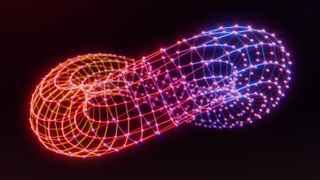
Microsoft breakthrough could reduce errors in quantum computers by 1,000 times
By Tristan Greene published
Microsoft scientists developed a 4D geometric coding method that reduces errors 1,000-fold in quantum computers.

IBM's monster 10,000-qubit quantum computer coming in 2029 after science behind fault-tolerenance 'solved'
By Tristan Greene published
The quantum computer, called Starling, will use 200 logical qubits — and IBM plans to follow this up with a 2,000-logical-qubit machine in 2033
Get the world’s most fascinating discoveries delivered straight to your inbox.
 Live Science Plus
Live Science Plus










